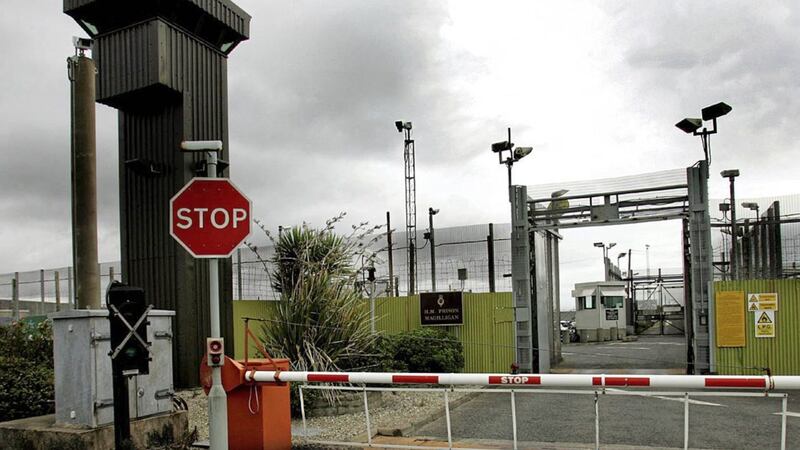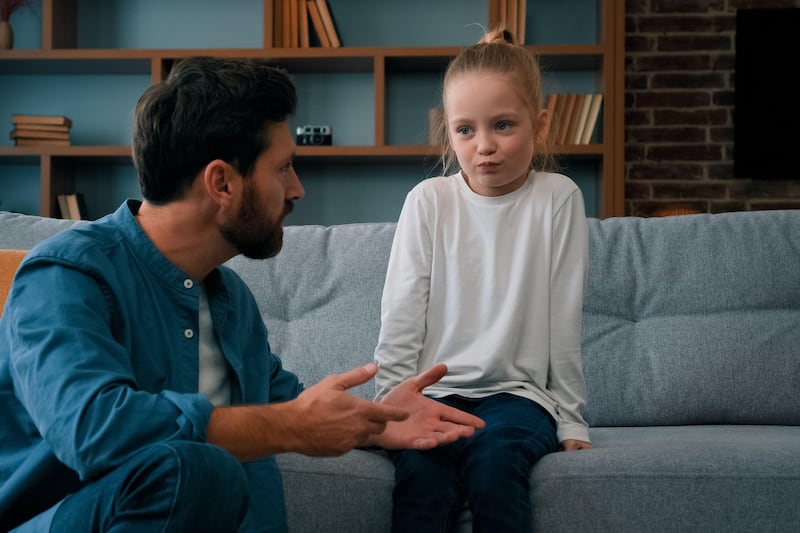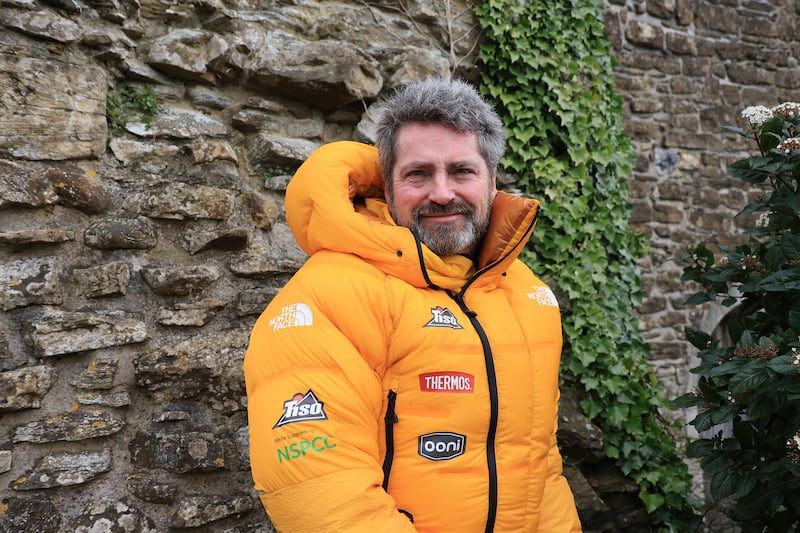A CO Antrim man is appealing for more volunteers to help support young people continuing to struggle during the pandemic after figures reveal that since the start of lockdown the number of Childline counselling sessions about mental health concerns has increased significantly.
Simon Curtis (28) from Newtownabbey is urging more people to sign up as Childline counsellors in a bid to "make "a difference to a young person’s life".
It comes as the latest figures reveal that since the beginning of lockdown there have been 373 counselling sessions carried out with children in Northern Ireland about mental health concerns - a monthly average of 124 sessions compared with 99 prior to lockdown.
Mr Curtis, who has been volunteering with the NSPCC-run helpline for three years, said he was "drawn by Childline’s commitment to support young people in whatever way they can as they deal with a range of different issues".
Despite Childline having to close the night service for the first time and a 30 per cent drop in volunteer hours due to counsellors having to self-isolate, it continues to operate for children across Northern Ireland.
But Childline bases at Belfast and Foyle are urgently seeking more volunteers.
"Volunteering during the pandemic has been ok for me, and other than changing the time and day of my normal shift, it’s been business as usual, although contacts aren’t taken 24/7," he said.
"In my experience, the pandemic perhaps raised new, or made existing issues worse, within family units.
"People have been spending more time together generally and also in the family home, which for some young people, is not a great place to be at the best of times.
"There were questions on the pandemic generally, which is understandable, but a lot of young people who were feeling lonely, isolated and worse than they have been before the lockdown.
"The most surprising thing for me was the fact that a lot of young people actually really miss going to school as it gives them a purpose and an opportunity to socialise and learn.
"It’s easy to forget sometimes that home life is not great for a lot of young people or they may simply not get on with their parents so any opportunity to not be at home is a good one."








